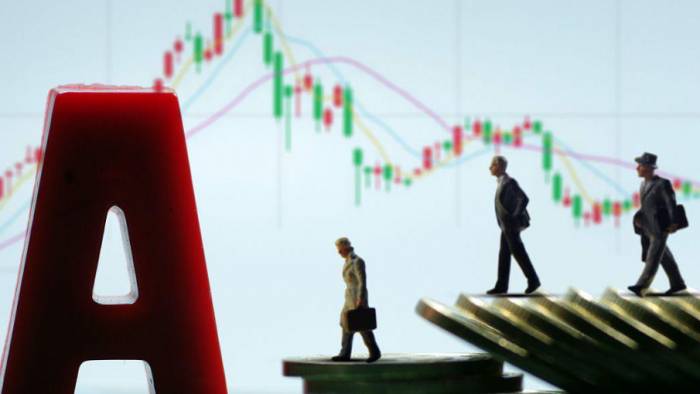Investment psychology - trading fear
Psychology, like mathematics and geometry, is one of the fundamental components of technical analysis.
Psychology is a discipline that can best help us understand human nature and emotions.
It aids in our comprehension of how people feel, think, and behave.
One of the main reasons why technical analysis is effective is that human nature and emotions remain the same, regardless of the era.
People a hundred years ago were as greedy and fearful as they are now. (What has happened in the past, is happening now, and will happen in the future)
Greed and fear are the two most common emotions you encounter in trading.
Among these fears, the most intense is emotion.
Fear is an emotion that can dominate much of your trading.
Contrary to what most people believe, fear is not always a bad thing. (Learn to recognize and control your own fear)
After all, without the fear of loss, a person can become reckless in trading, leading to disastrous consequences.It is precisely this fear of losses exceeding people's capacity to bear them that has led traders to develop risk management systems and techniques to control their losses.
Advertisement
Thus, fear is not always a bad thing. However, the fear I am talking about today usually leads to 95% of your trading mistakes.
Mark Douglas's book "Trading in the Zone" is worth reading.
Mark is one of the pioneers in writing about trading psychology.
Trading is a highly competitive field that presents challenges almost every day.
Most of these challenges are psychological. The book discusses the challenges and ways to deal with them.
One issue Mark identified is trading fear.
He believes that 95% of trading mistakes are caused by these four types of trading fears. Let's take a look at them one by one.
1. Fear of making mistakes
This is one of the biggest fears traders encounter. The main purpose of trading is to make money.In doing so, some trades will make money, while others will result in losses. This is quite natural.
However, many traders do not accept this phenomenon.
If they feel there is the slightest possibility that a trade might not go their way, they simply cannot pull the trigger.
Fear of making mistakes will only keep you stagnant. It will cause you to become paralyzed.
How many times has this happened to you, where you were confident in a trade but failed to take any action?
Ultimately, the stock will move as you initially imagined. (Endless regret, self-blame, and the feeling of missing out on a fortune afterward)
2. Fear of losing money
Obviously, the first two trading fears are also the two greatest fears that normal people face in their daily lives.
No one likes to make mistakes. Nor does anyone want to lose money.
Clearly, trading is a field where we encounter the greatest fears in life on a daily basis.Every transaction we make has the potential to confront us with worse fears.
Each transaction you engage in has uncertain outcomes.
Uncertainty naturally leads to the fear of making mistakes or losing money.
Unless you learn to accept the possibility of uncertain outcomes, you will never have confidence in your trading.
The fear of losing money can affect your ability to act objectively and without hesitation.
3. Fear of Missing Out
After a trend rebound, the fear of missing out on an action is one of the most common fears.
This fear often leads you to enter a trade not based on its merits but purely on the desire not to miss an opportunity.

Traders simply feel compelled to trade, regardless of their conviction in the idea.
How many times have you felt the urge to trade because your neighbor, friend, or relative told you about his last trade and how he made a lot of money from it?4. Leaving Money on the Table (Fear of the Bird Flying Away)
Even seasoned traders can face this fear.
When a trade is in a favorable position, you will repeatedly feel the urge to cash in the predetermined profits.
The fear of leaving money on the table is in complete contrast to the golden rule of trading, which is to cut losses short and let profits run.
Conversely, typically, people will book profits too early and let losses ride.